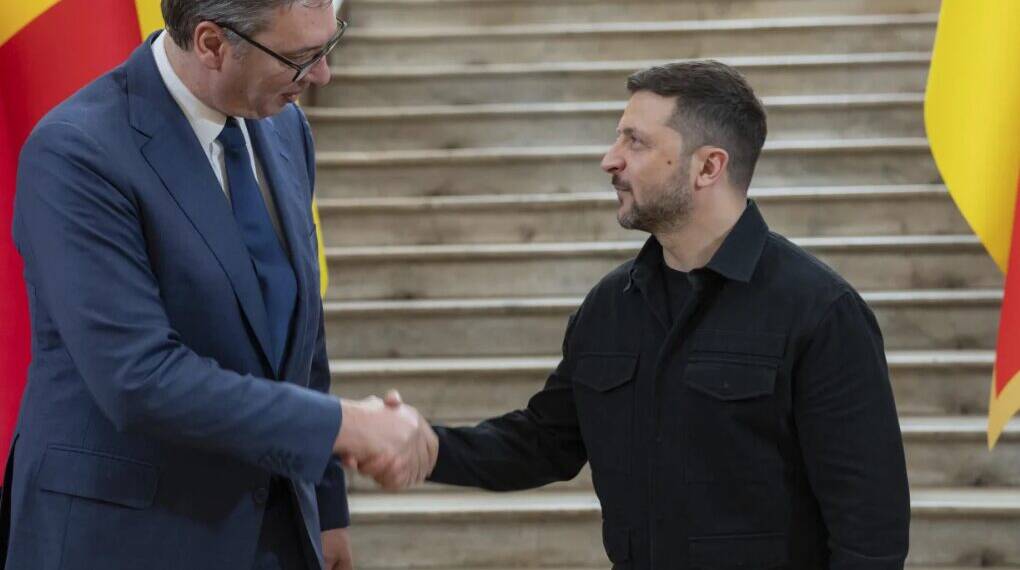President Aleksandar Vučić’s recent visit to the Ukrainian port city of Odesa, amid the ongoing war, was a significant diplomatic gesture. It marked his first trip to Ukraine in over a decade as Serbia’s leader, and the first by any Serbian president since 2011. Held under the banner of the “Ukraine – South-Eastern Europe” summit, the meeting brought together leaders from 12 countries to demonstrate regional support for Ukraine.
Vučić’s trip came just days after a large-scale Russian drone and missile attack on Odesa. While expressing solidarity, Vučić offered Serbian assistance in rebuilding one or two war-affected Ukrainian cities or regions. Yet, he declined to sign the summit’s joint declaration condemning Russian aggression and calling for tougher sanctions — a decision that placed Serbia at odds with all other attendees.
Why Did Serbia Refuse to Condemn Russia Alongside Other European States?
Vučić explained that signing the final declaration was “not easy” for Serbia, particularly due to its mention of sanctions against Russia. Despite aspirations to join the European Union, Serbia maintains close ties with Moscow, its largest energy supplier and historical ally. Vučić’s attendance at Russia’s Victory Day parade in May underscored this enduring relationship, drawing criticism from EU leaders.
Serbia has walked a diplomatic tightrope throughout the war in Ukraine. It has condemned Russia’s invasion in United Nations forums and affirmed support for Ukraine’s sovereignty, including Crimea and the Donbas. At the same time, Belgrade has avoided direct sanctions against Moscow, citing national interests and its reliance on Russian energy.
Is Serbia Secretly Supplying Arms to Ukraine?
Tensions have deepened with Russia amid accusations that Serbia is indirectly arming Ukraine. In late May, Russia’s Foreign Intelligence Service (SVR) claimed that Serbian arms were being routed to Ukraine through third-party countries, including NATO members and, more recently, African nations. A leaked U.S. intelligence document from 2023 also indicated that Serbia had agreed to supply weapons to Kyiv, contradicting its official stance of military neutrality.
Serbian officials have denied selling arms directly to Ukraine, asserting instead that they trade with multiple global partners. Still, they have promised an internal investigation to address Moscow’s concerns.
These allegations complicate Serbia’s position further. It must balance domestic public sentiment, strategic energy ties with Russia, and EU expectations for alignment on foreign policy. Vučić’s offer to help Ukraine rebuild signals openness to cooperation but stops short of aligning fully with the West’s hardline stance.
As global divisions harden and Ukraine seeks unwavering support, Serbia’s ambiguous diplomacy is under increasing scrutiny. The path forward will require careful choices — ones that may define its role in the region and its future within the European Union.








